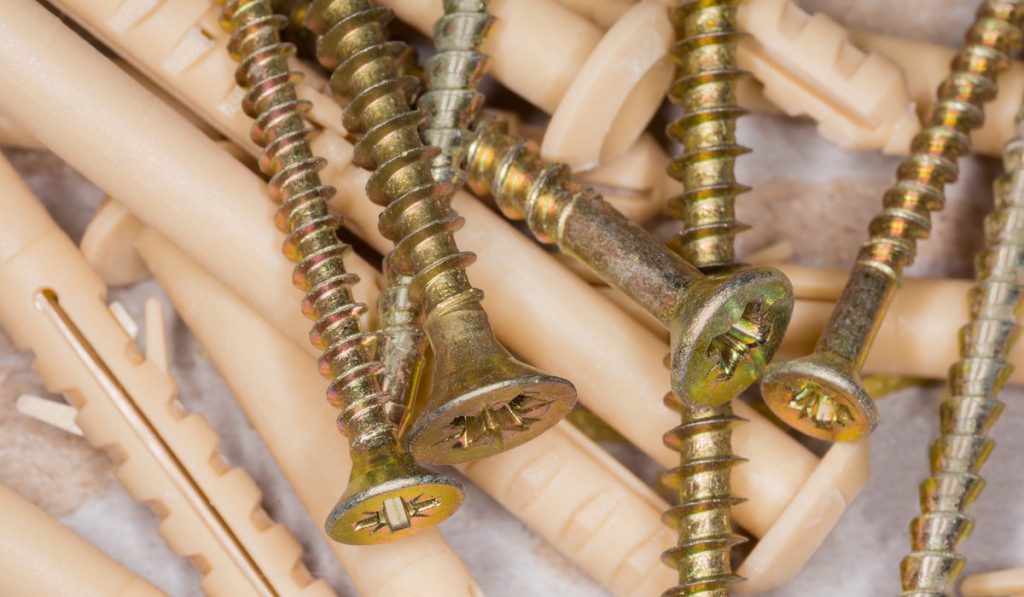Why Would a Masonry Anchor Be Used?

Want to know more about masonry anchors? Perhaps you’ve heard about these little fixings and fasteners, but aren’t quite sure how to use them or what they’re intended for. Well, this guide will cover all you need to know about masonry anchors, including different types of masonry anchors and their intended purpose.
What Is Masonry?
Before we look at a definition of masonry anchors and think about how they are used, it’s important that we have a clear definition and understanding of masonry in general. So, what is masonry? Well, as the name suggests, masonry includes anything that is worked on or built by a mason, such as stone structures, brick walls, and blockwork, like concrete or cinder block walls.
What Are Masonry Anchors?
Now we understand what masonry is, we can move on to discussing masonry anchors. In simple terms, masonry anchors are small fixings or fasteners that are typically used when attaching or fixing something to a piece of masonry. So, let’s say you want to mount something onto an exterior brick wall of your home, you’ll need to use masonry anchors to do so.
Masonry anchors almost function like wall plugs or screws, but they provide more strength and solidity than those items. They’re able to penetrate deep into the masonry, locking themselves into position and giving you a strong anchor on which to hang, mount or suspend other items that you want to work with.
What Are Masonry Anchors Used for?
Masonry anchors have lots of different uses, and they can be helpful when fastening or attaching all sorts of items onto masonry walls or structures. They’re useful when working with any kind of masonry, including bricks and blocks, as well as concrete too.
So, whenever you want to mount or attach something to a structure like a brick wall or concrete wall, masonry anchors are the best fasteners to use. They expand inside holes in the masonry as you push them into position, providing a secure and strong anchor to hold up large and heavy items alongside the masonry.
The Types of Masonry Anchors
There are several different types of masonry anchors, and each type has its own pros, cons and best uses. Here are some descriptions of some of the most common and useful types of masonry anchors that you might like to use in your own home.
Anchor bolts
Anchor bolts are some of the most useful and versatile kinds of masonry anchors. They’re designed for use in a wide range of masonry materials like bricks and blocks, and it’s even possible to sometimes use them with concrete. They’re typically made of strong steel, giving them high levels of strength, and you can use them on structural and non-structural pieces of masonry.
Concrete screws
Next up, we have concrete screws. As the name implies, these masonry anchors are mainly aimed for use in pieces of concrete, and they look and function a lot like regular screws that you would screw into a piece of wood, only they’re much stronger in order to penetrate very hard materials, like masonry. They’re handy whenever you want to hang or mount something on a concrete wall.
Wall plugs
Finally, we have wall plugs. These are useful for attaching relatively light items onto masonry walls, and they’re specially designed in order to expand and fill the space as soon as they enter a cavity or hole inside a masonry wall. This makes them very secure and stable anchors, and they’re universal and suitable for use with a very wide range of wall types and materials.
Final Thoughts
So, if you’ve been unsure about the use or intention of masonry anchors, we hope that this guide has given you all the info you need.
